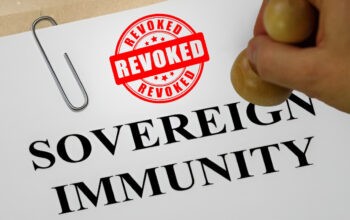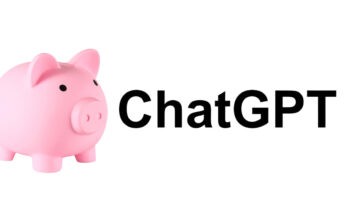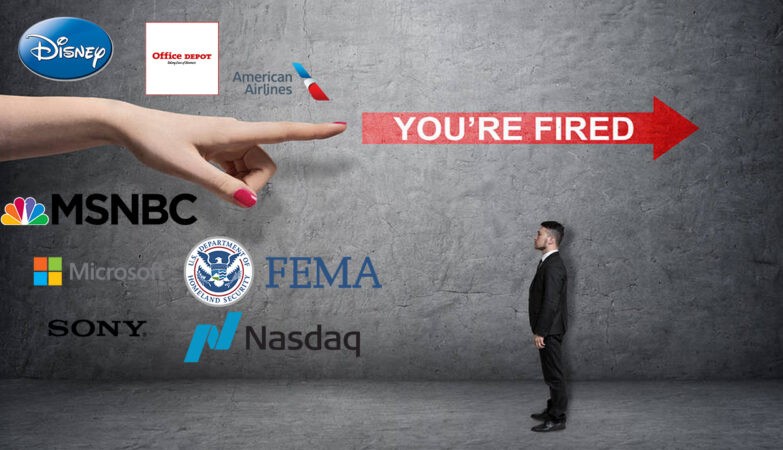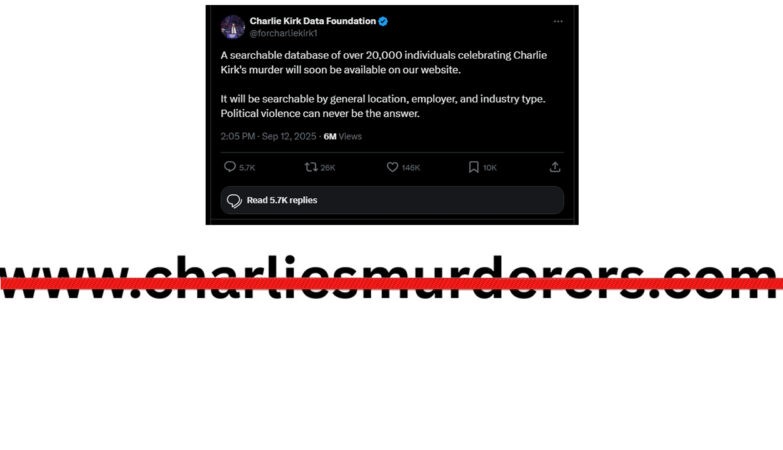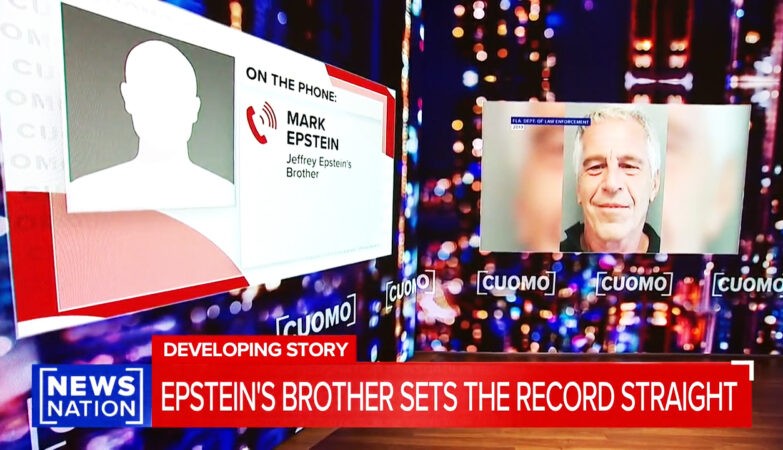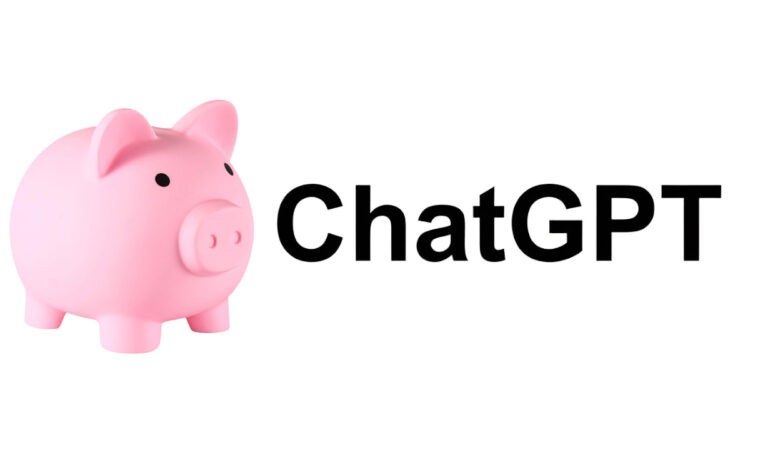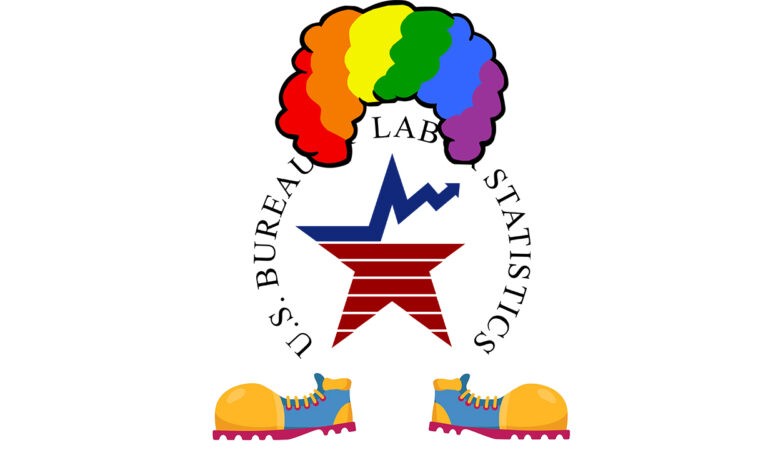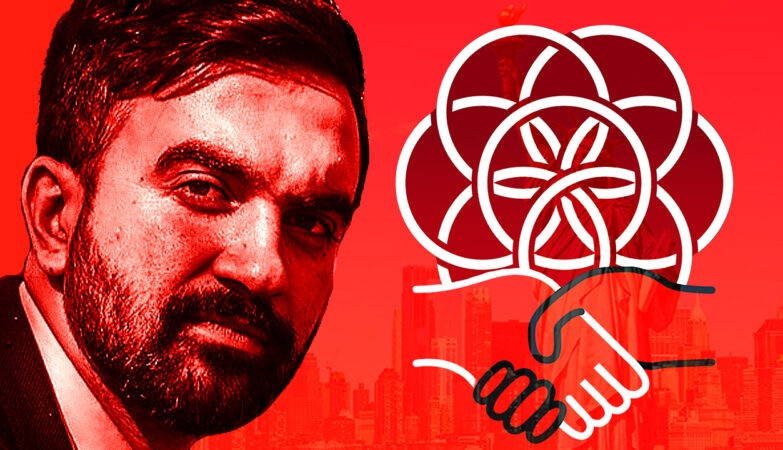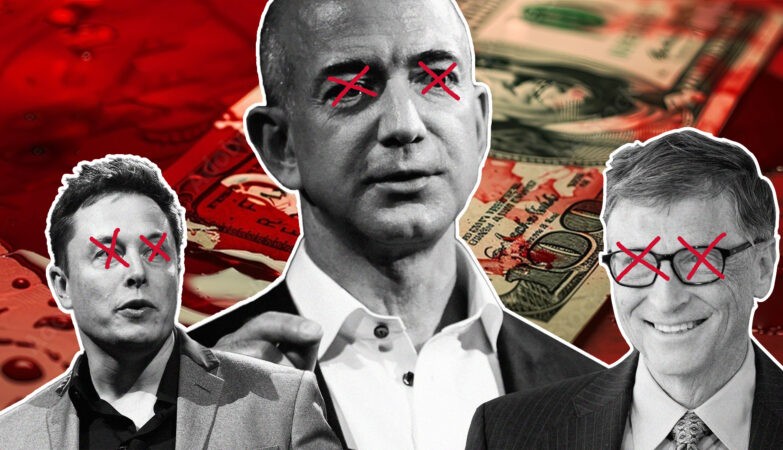“Former” President Donald Trump is suing Facebook, Twitter and YouTube.
They banned him and he called the ban censorship while casting himself as a champion of free speech, and the First Amendment.
Trump would be on stronger moral ground if his own speech were truthful and factual and if he had not declared the free press of the nation an enemy of the people (even though it is completely true at this moment in time). It’s his speech that he is primarily concerned with, and not free inquiry for all in my opinion.
It is also hard to see the legal ground of his intended lawsuits. These big tech giants are private companies, and, strictly speaking, they have the right to ban any of us.
But there are larger issues worth talking about in the public square, if not the courtroom.
Are these three entities really just platforms or are they actually publishers?
If they bear no responsibility for what they allow (publish?) on their platforms, why would they exclude any one or any content?
And if they have an obligation, as well as a right, to curate material, as a newspaper does, what is the standard for exclusion? Is it opinion, taste, veracity or a little of all three?
The real problem with Facebook, Twitter, YouTube and, for that matter, Amazon is not free speech but size and monopoly. Thus it is a matter of antitrust, not censorship. They are all so large and dominant that those they exclude may well be silenced. The monopoly, not the editing, creates the problem.
The functional idea of free speech in America is that the cure for stupid or factually false speech is more speech.
But that speech must come, not from inside a particular platform but from other platforms — competition.
The New York Times will never run an op-ed by Donald Trump. The Wall Street Journal will.
But what if the Journal did not exist? What if the Times bought it and made it another Times?
The tech giants have to be broken up to give free speech and press a chance, not told what content they may or may not use by the courts.
Trump was on the right course when he wanted to create his own social media platform: more competition, more voices, more speech.
Fight Back
You have probably heard about Big Tech also known as the Big Five. These companies, namely Amazon, Apple, Google, Facebook, and Microsoft dominate the technology industry in most parts of the world, especially the U.S.A.
Although Big Tech has had many accomplishments and many people have benefited from some of the platforms like Google and Facebook, they are big on censorship.
Not generally considered part of the Big Five, Twitter also has to be considered in this discussion. Several prominent individuals, including President Trump, have been several restricted or outright banned from the platform.
Censorship limits people’s freedom of expression on different things that the Big Tech companies may deem unacceptable, obscene, or a threat to security.
Some of the topics mostly subjected to censorship include:
- Politics
- Religion
- Sources of Education
- State Secrets
- Art
- Films
- Social Media
The censorship policies and regulations implemented by Big Tech are harmful to people’s freedom of expression and thought because they restrict specific spoken words, music, symbolic messages, books, television programs, movies, internet sites, and freedom of association as well.
A major site called Parler fell victim to Big Tech when Apple and Google removed the site’s app from their app stores (Archive.today capture). Amazon also kicked Parler off of its Amazon Web Services servers (Archive.today capture). All this happened because Parler did not have any moderation of content that would prevent people from expressing their political views.
To cover up this move, another free social app called Parlor was promoted and now has over 40,000 downloads on Apple Store and Google Play Store. To be clear, this is not the original Parler app. The difference is the “e” and “o.”
This begs the question, who really holds the power over online speech?
The original Parler app had hundreds of thousands of Trump’s supporters who saw the platform as the only refuge since other social media platforms like Facebook and Twitter had too much censorship. This meant that they could not express freely their dissatisfaction with what was happening politically.
Parler app offered a free platform where uncensored discussions about politics took place. Unfortunately, some users came up with a few conspiracy theories about Trump and the elections. This in turn led to some aggressive demonstrations. This led to the ban of Parler because it did not have policies in place to censor posts about crime and violence.
Big Tech may have made this move because Parler was increasingly gaining followers and contained political information that the media hid from the public. To prevent this spread of free speech and free information, Big Tech moved to remove the competition from the picture.
Breaking Up the Monopolies
Big tech companies have snapped up hundreds of smaller tech firms in recent years — and have improperly used “loopholes” to avoid antitrust scrutiny, according to the Federal Trade Commission.
Critics say that acquisitions can be used by big tech firms to shut down potential competitors, stifling innovation, hurting users and potentially creating or reinforcing monopolies. That’s why the FTC and Justice Department are supposed to review larger deals.
But Facebook, Google, Amazon, Apple and Microsoft together made 616 acquisitions from 2010 to 2019 that were worth more than $1 million each and which did not trigger reviews by the FTC or Department of Justice, the FTC said in a study released Wednesday.
FTC commissioner Rebecca Slaughter described smaller acquisitions as part of a “Pac-Man strategy” through which companies can gobble up their competition.
“Each individual merger viewed independently may not seem to have significant impact,” the Democrat said. “But the collective impact of hundreds of smaller acquisitions can lead to a monopolistic behavior.”
Meanwhile, FTC chief Lina Khan — a Big Tech critic who was confirmed as chair in June — argued that the report showed that regulators need to scrutinize smaller transactions more frequently.
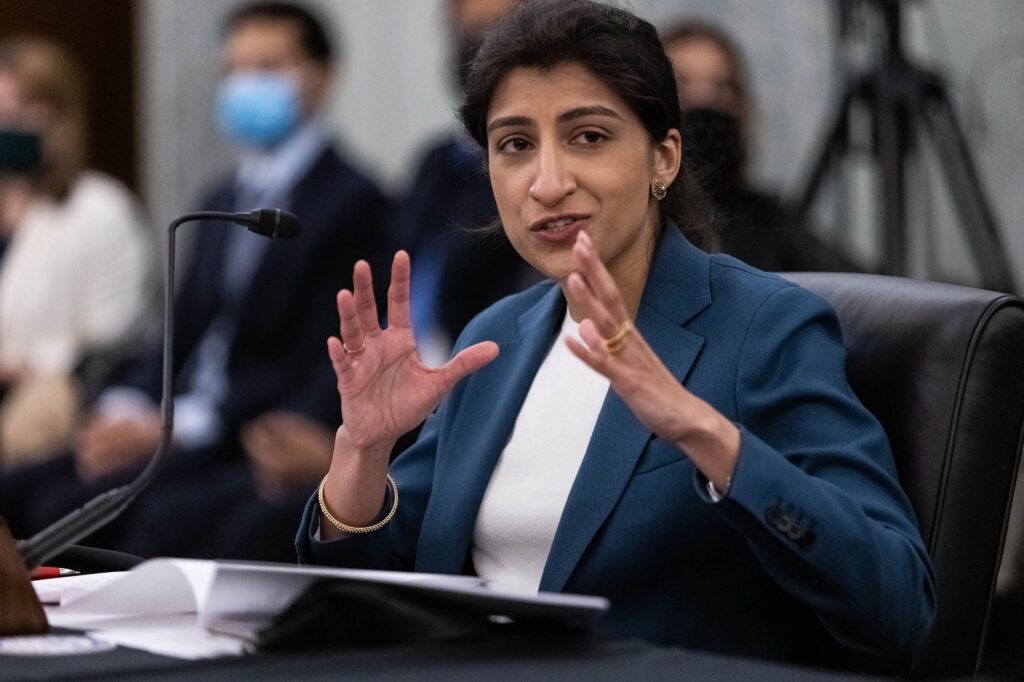
POOL/AFP via Getty Images
“The FTC may have created loopholes that are unjustifiably enabling deals to fly under the radar,” Khan said.
The FTC review also found that big tech companies routinely use controversial non-compete clauses, which ban workers from taking jobs at rival companies.
Nearly 77 percent of the transactions reviewed used “non-compete clauses for founders and key employees of the acquired entities,” according to the review.
The Biden administration argued in a July executive order that non-compete clauses “may unfairly limit worker mobility” and encouraged the FTC to “curtail” their use.
Khan echoed the administration’s argument.
“Exploring how firms in digital markets may be using acquisitions to lock-up key assets along with talent will be a worthy area of study,” she said.
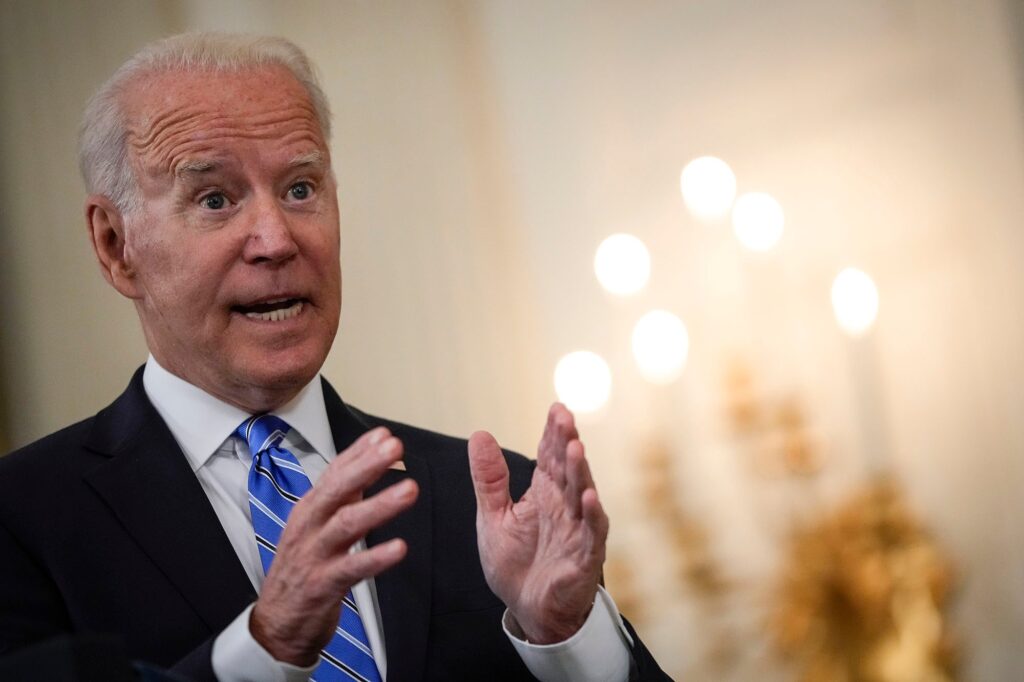
Getty Images
Matt Stoller, an antitrust expert and former senior adviser to the Senate Budget Committee, said the FTC’s report shows how Big Tech firms use non-competes to stifle competition.
“There aren’t that many people that really know how to manage large amounts of data, or certain aspects of cybersecurity, or have deep knowledge of search algorithms,” Stoller told The Post. “If you can lock up a significant amount of people who know that area, then you give yourself a competitive advantage.”
The FTC has also made headlines and enraged big tech firms in recent months for its probes of Amazon and Facebook.
Khan’s FTC is reportedly reviewing Amazon’s $8.45 billion acquisition of film studio MGM as part of a wide-ranging probe into the company’s business practices. The agency is also investigating Facebook for monopolization and anti-competitive conduct, including over its purchase of Instagram.
Both Facebook and Amazon have sought to force Khan to refuse herself from the probes, arguing that her having written critically about the companies before she became FTC chair means she cannot be impartial.
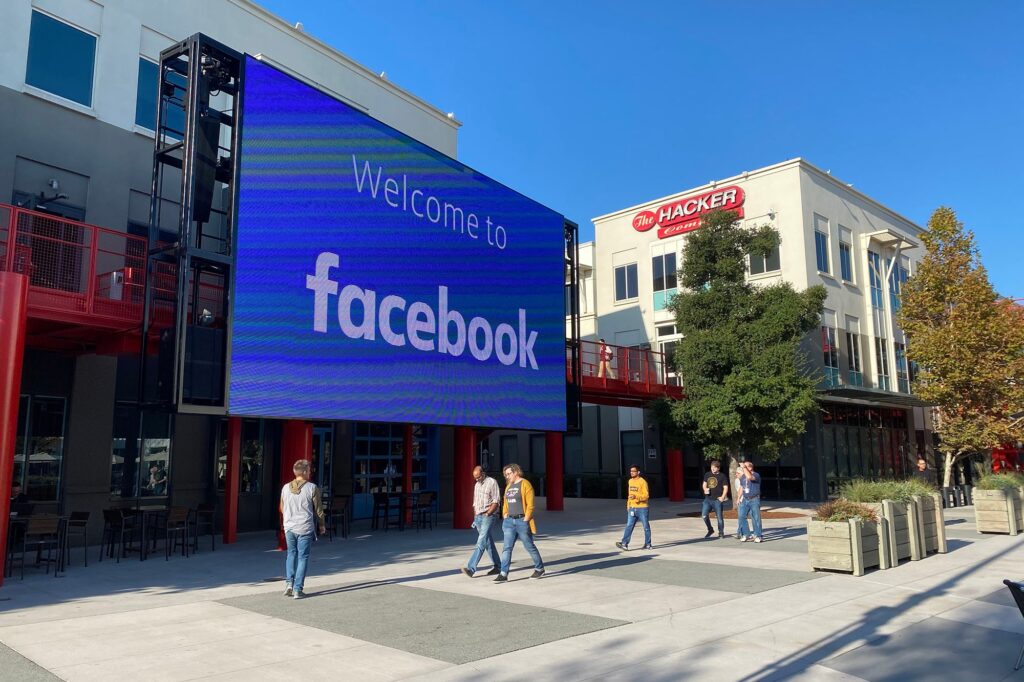
Getty Images
Alternatives to Mainstream Social Media Platforms
If you are wondering whether you can find platforms that truly have real freedom of speech, where you can express yourself without fear of reprisal, the answer is yes.
Check out our list of the best social media alternatives.
- https://www.ctnewsonline.com/opinion/article_576b9de6-ef4f-11eb-9e8d-53f0959ab5ea.html
- https://alterables.com/articles/fight-back-against-big-tech-censorship/
- https://nypost.com/2021/09/17/ftc-accuses-big-tech-of-using-merger-loopholes-to-dodge-antitrust-scrutiny/
- The New Right vs. the New Left - December 10, 2025
- Why the 11th Amendment Needs to Be Revoked - December 9, 2025
- When Will the AI Ponzi Scheme End? - December 8, 2025



